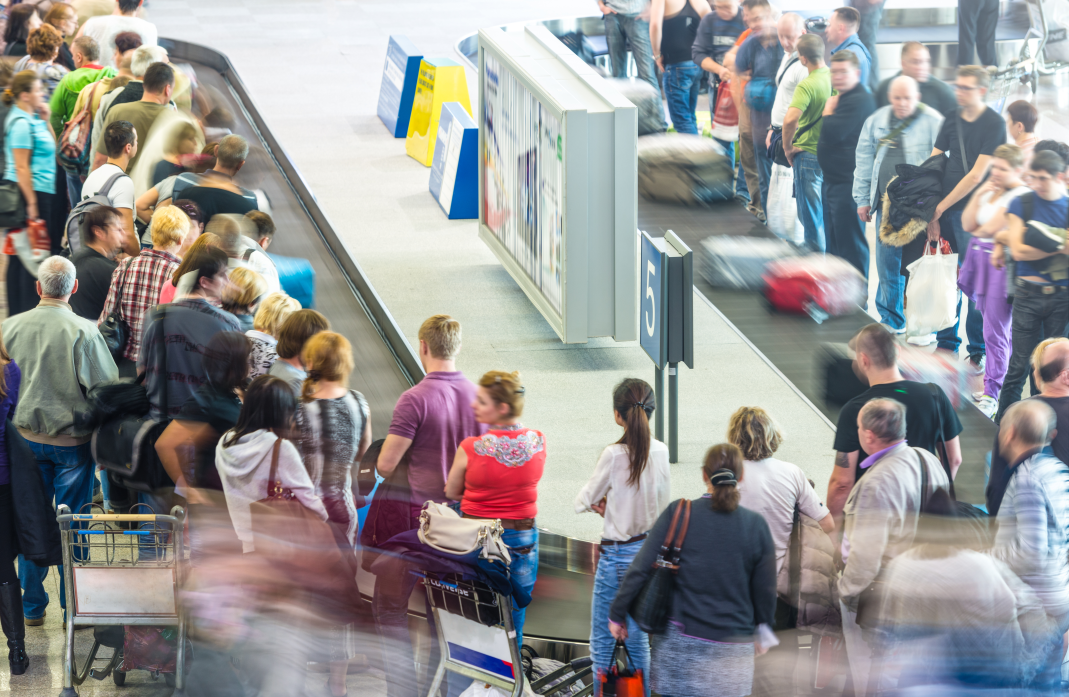Online Travel Agencies: How Technology is Transforming Travel

Tourism as a whole is one of the fastest-growing industries worldwide; according the World Travel & Tourism Council it accounts for 10.4% of global GDP and 1 in 10 jobs worldwide.
As we have seen in numerous other sectors, the rising influence of online platforms and the increasing use of mobile devices to access services within the travel industry has handed over a large share of the market to Online Travel Agencies (OTAs).
Analysis from Plimsoll Publishing has rated 40% of global OTAs as financially strong, and according to the latest available data, 29% have increased their company value year on year.
Fuelling Growth
Rapid technological advances have not only made more destinations accessible to a greater number of consumers worldwide, but they have also changed the way bookings are made. Consumers are comfortable using platforms and apps on multiple devices, and a significant number of bookings are now completed on smartphones and tablets.
Software also allows travellers to store their preferences, receive suggestions and build personalised trips – all of this enabling providers to analyse their activity and further refine their offerings.
Recent consolidation within the online travel sector has also driven growth, perhaps most significantly across different services – for example flights, accommodation and car rental – simultaneously streamlining the consumer experience and increasing the market share of the leading OTAs.
Navigating Disruption
However it may not all be plain sailing for OTAs in years to come; a number of possible changes could affect how the industry evolves in the near future.
Market share is likely to be hotly contested by different types of companies. Peer-to-peer services like Airbnb and Couchsurfing are increasingly looking to snatch a share of the growth as the so-called ‘sharing economy’ continues to swell worldwide. But there is also potential for internet giants like Google and Amazon to enter the market which could provide further disruption; the former already has a number of tools in place such as flight and hotel bookings.
On a more individual level, OTAs might start to suffer from the ongoing and potentially limitless costs of both marketing and software. OTAs need to balance this spending in order prevent it from outweighing profits. The key to this may be diversification, both in the sense of exploring more technological opportunities within existing markets, as well as expanding into more specialised areas of the industry.
One way they could achieve this is through acquisition. As part of their research Plimsoll has identified key acquisition targets in a number of niche UK travel sectors, including adventure travel, business travel and educational travel.
Chart:
Number of “highly attractive” acquisition targets identified by Plimsoll - UK travel sector
| Sector |
Acquisition Targets |
| 25 |
|
| 36 |
|
| 19 |
|
| 24 |
|
| 18 |
|
| 12 |
|
| 11 |
As the travel and tourism industry continues to grow it seems likely that demand for online travel services will only increase. Whether developing new products or considering acquisition, decision makers within OTAs will undoubtedly be faced with some big choices, which will shape not only their company but the way in which we organise and go about travelling in years to come.


